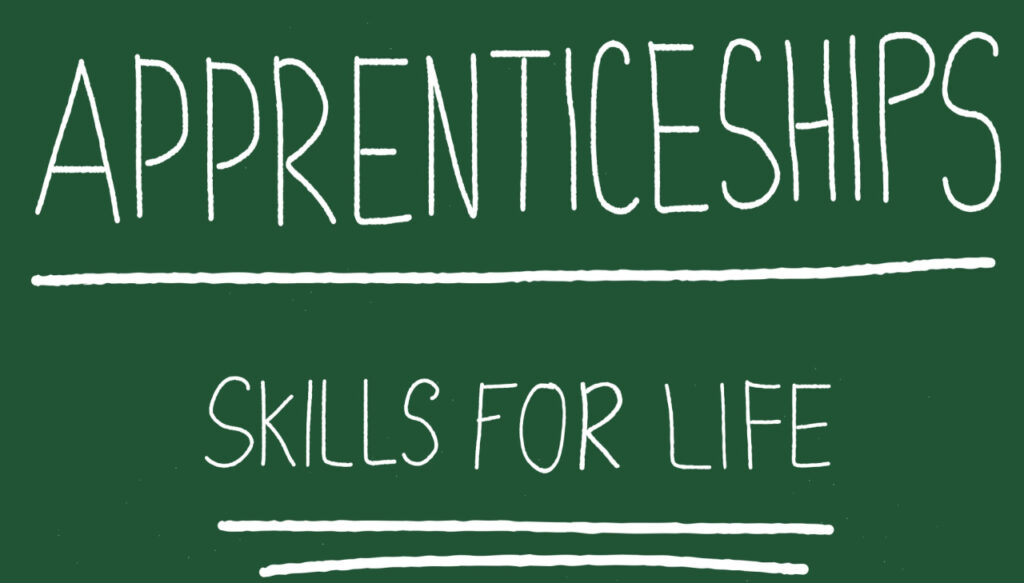What is the best pathway to a good career? There is no one answer to that important question – everyone’s path is unique. Whether that journey takes you to a four-year or community college, a trade training program, a certificate program, or straight into the workforce, each has the potential of arming you with needed skills.
“When young people are making decisions about their futures, they certainly want to have the information themselves, but they’re also really influenced by their parents, by their guidance counselor, and also their teachers,” says Rebecca Agostino, vice president of learning for Multiverse.
Preparing for the next steps after high school can be a very confusing time for teens and young adults. “We’ve said to young people for a very long time that college is the only option. And now we’re saying, there might be some other options.”
A new report from the Multiverse, which helps employers find tech apprentices in the U.S. and the U.K., shows 69% of parents in the U.S. would be supportive of their child’s decision to not attend college and go directly into the workforce.
It shows a shift in attitude about postsecondary education among parents, particularly younger parents. Seventy-one percent (71%) of parents aged 25-34 would be supportive of their child skipping college and taking a job instead, compared to just 57% of parents aged 55-64.
Multiverse founder and CEO Euan Blair says, “We now know that they (parents) care far more about what their child goes on to be able to achieve, rather than simply whether or not they go to college. In the end most parents want their children to be in a well-paid career, that provides them with economic security.”
Here are some of the other key findings in the survey conducted online for Multiverse by Stack Data Strategy:
- Only 47% of parents agree that taking out student loans to pay for college is worth the debt that they create for their child to pay off.
- Of the 10% of parents who said they would not want their child to go straight into the workforce, 60% worried that their child would not be successful without a college degree.
- When asked what parents wanted for their children five years after graduating high school, 56% said a “well-paying” career.
- Of the parents who said they would be supportive, 38% said they believed their child could get the skills they needed to have a successful career on the job.
The report also shows that professional apprenticeships such as those that Multiverse offers are relatively well known, with 78% of parents claiming they had heard about apprenticeships prior to taking the survey.
“As we search for more equitable and successful routes into great careers, this is yet more evidence that talent won’t just be found on college campuses, but increasingly through options like professional apprenticeships,” Blair adds.

Apprentices Learn More Than Hard Skills
Multiverse places tech apprentices aged 18-25 in more than 200 companies, including Google and Microsoft.
I spoke with Agostino last month at the ASU+GSV Summit in San Diego.
“It’s not enough to educate high school students, and it’s not enough to educate guidance counselors about apprenticeships. All of society needs to be aware of the opportunities and, and how they’re valued.”

“I always think as we’re building our apprenticeship product, what does this mean for young people who are trying to plan their futures? When a young person is planning their future, they’re looking for assurance. They’re looking for something that they can depend on, somewhere they can see themselves,” she tells me.
Agostino adds that along with tech skills, apprenticeships give young people professional and soft skills that “help them to navigate a new workplace and navigate their relationship with their manager and their relationships with their teams. I think those are really undervalued in our society.”
“I think there’s such an opportunity for us as a society to really bring a growth mindset to how people can learn how to navigate new challenges and new spaces and how they can transfer those skills to future opportunities.”











